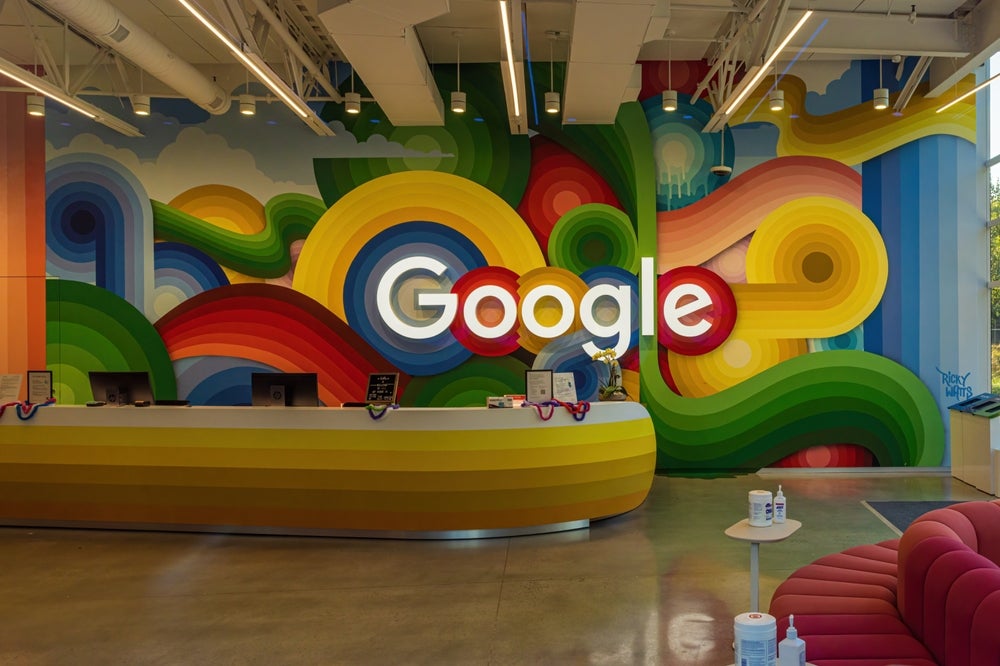Gemini Pro, Google’s enterprise edition of the Gemini family of AI models is a natively multimodal AI model that puts Google squarely back in the AI race as a potential winner.
In December 2023, the company released Gemini to the market, a family of foundation models based on its most sophisticated large language model yet.
Recently, the search giant unveiled the Pro version. Gemini will eventually split into three categories: Ultra, for very complex applications, which won’t see the light until 2024; Pro, for individual developers and enterprises, which is the subject of this announcement; and Nano, for mobile environments.
Gemini Pro is a starting point
In addition, the company has added Gemini Pro to its Bard chatbot. In some ways, this announcement is a kind of warm-up because it will definitely be Gemini Ultra, which will set the stakes for the company in its competitive face-off against OpenAI and Microsoft when it is released to the market in 2024.
Gemini Pro is available in preview, in Google AI Studio, a web-based code editor for individual developers and small teams, and in Vertex AI, Google’s enterprise AI platform for developer teams with more advanced requirements. Vertex AI features more than 130 models in its ‘Model Garden.’ Moreover, Vertex AI, in contrast to AI Studio, is linked to myriad corporate data sources, including from third-party Google Cloud partners, and one of its selling points lies in the capability for organizations to use their own corporate data to train the models.
Google AI Studio for developers
Google AI Studio is a free tool that enables developers to engineer prompts and then get an API key to use in their app development. The company is making a free quota that allows 60 requests per minute available to users of Google AI Studio, an attractive offer that creates a path for adoption by opening the door for (citizen) developers to get familiar with the Google AI environment and then graduate to Vertex AI if required. Developers transfer their work to their development environment of choice or use one of the templates available in Android Studio, Colab, or Project IDX. Google provides software development kits for Gemini Pro to help developers build applications with support for Python, Kotlin, Node.js, Swift, and JavaScript.
How well do you really know your competitors?
Access the most comprehensive Company Profiles on the market, powered by GlobalData. Save hours of research. Gain competitive edge.

Thank you!
Your download email will arrive shortly
Not ready to buy yet? Download a free sample
We are confident about the unique quality of our Company Profiles. However, we want you to make the most beneficial decision for your business, so we offer a free sample that you can download by submitting the below form
By GlobalDataGemini Pro seems designed to extend Google’s Gemini release and make it available to developers so that they can start building up an application environment from the ground up. However, the competition is very tough in the open-source world, for example the entire ecosystem of small, custom models created through Hugging Face, where developers are focusing on use cases for real-life enterprise applications and ‘killer services’ to bring GenAI technologies into business workflows.
The current version of Gemini Pro comes with a 32K context window for text, and future versions will have a larger context window. Its capabilities include function calling, embeddings, semantic retrieval and custom knowledge grounding, and chat functionality.
Gemini was trained using Google’s latest tensor processing units (TPU) across multiple data centers and clusters to improve scale and resilience. Part of this announcement included the general availability of TPU v5p, which increases the performance of TPUs by four times over the existing v4 chips, recently introduced the fifth generation of its TPU architecture, which provides faster model training and better scalability (for more, please see: Generative AI Watch: Google Leverages AI and Analytics, Partners with NVIDIA, to Gain Advantage in the Cloud Wars, October 24, 2023). Google also optimized the most popular AI frameworks and libraries, including TensorFlow and PyTorch, on this infrastructure.
The company also announced new integrations and capabilities, including Gemini powering Google’s real-time collaboration assistant Duet AI in Workspace, and new AI-powered programming assistants and security tools in Cloud. In addition, the company has launched a joint GenAI center of excellence with Accenture that will help businesses build and scale applications using Google Cloud’s GenAI portfolio. Another announcement was that Google’s Duet AI tool also became generally available and will get Gemini access over the next few weeks.









Related Company Profiles
Google LLC
Microsoft Corp
Accenture Plc
NVIDIA Corp